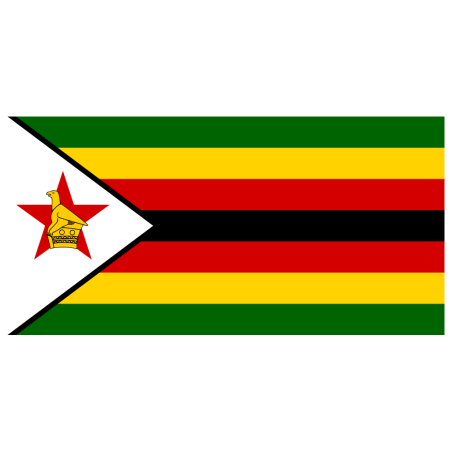Zimbabwe: Mobile Money Transfers Make Payments Convenient

JUNE 16,2014.
FINANCIAL GAZETTE.
Telecel Zimbabwe announced a deal under which its subscribers could pay TelOne bills using its mobile money transfer platform, Telecash. It was a surprising agreement considering that the two companies are rivals in the telecommunications sector. Although TelOne is a fixed line telecommunications operator, and therefore not a rival directly of Telecel, its sister firm, NetOne, operates within the same domain as Telecel.
The deal with TelOne means that Telecash subscribers can now pay their TelOne phone bills from the comfort of their homes or offices, or even while travelling, using their mobile phones. For many, the convenience of transacting with mobile phones outweighs the risks associated with carrying money. As technology develops, many people are always on the lookout for ways to cut the amount of time they spend on mundane chores.
In fact, many vendors and service providers now prefer mobile money transfers for transactions except in cases where very high volumes of money are involved.
However, a snap survey by the Financial Gazette's Companies & Markets showed that the older generation is yet to fully embrace the paperless form of business transactions, preferring to see the receipts which they have a tradition of keeping and recording the outstanding balances.
Watching any four-year-old with an iPad, remote control or mobile phone, one can appreciate what embracing technology is all about: No fear, no hesitation, no concern about making mistakes, no asking for instructions, and unshakable confidence in the endless opportunities technology brings. This is what most elderly people need to do. Not always comfortable but it is important to open up to the possibilities of how they might use technology for their convenience.
The many technologies people have embraced over the last decade, most of which they can no longer live without, such as e-mail, e-calendars, on-line banking or Facebook, indicate that the tide is unstoppable. NetOne's OneWallet customers are now able to buy ZESA prepaid electricity credits via the platform. NetOne said the integration is part of a deal between NetOne and the Zimbabwe Electricity Transmission Distribution Corporation, a unit of ZESA.
Other bills can also be settled using the platform. Econet's EcoCash is another innovative mobile payment solution that enables customers to complete simple financial transactions such as sending money to loved ones, buying prepaid airtime or paying for goods and services such as Dstv. Zakariah Mateta, a technology enthusiast, says the major advantage of using mobile payments is convenience. "You can transact anytime as there are no pressures associated with rushing to a payment point," he said.
In Zimbabwe, individuals fork out up to US$25 in bank charges, far above regional averages of below US$15. An individual is charged between US$1 and US$5 for a single withdrawal while companies pay up to US$9 to be issued with a draft/RMO. This has created space for mobile payment platforms. Telegraphic transfers cost between US$15 and US$30 for both corporate and individuals depending on the amount involved. The same amount is charged for deposits received by telegraphic transfer.
Local banks are also charging as much as US$15 for a single deposit. The average regional charge for the same transaction is US$7. Some banks are not charging for maintaining clients' accounts, but others are levying up to US$4 per account. Accounts closed within six months are attracting a fee of between US$18 and US$25, while reactivation of dormant accounts costs between US$20 and US$25.
Mateta said the disadvantage of mobile transfers was that if one makes a mistake while making transactions, it is easy to pay a wrong client/person and it takes time to reverse the transaction. "The other disadvantage is if one knows your password, they can make fraudulent transactions," he said.
ICT commentator, Chris Mutseyekwa, says people now have more time on other "important things". "Compared to banks, the charges are low and one can manage their own charges from a single source. It also improves government functions such as Zimbabwe Revenue Authority data as there is less scope of transaction manipulation," he said. As prices of existing technologies and hardware falls and services become easier to access, technology has also become easier for people to use, particularly compared to when it was first introduced.
Apart from paying bills, a key advantage of modern technology is the opportunity to stay in contact with people and communicate cheaply regardless of location. As people increasingly travel for long periods and go to live overseas, using webcams to communicate can enable people to stay in touch with friends and family. By doing so, technology reduces the risk of feeling isolated and individuals are able to remain social even in instances where it's not possible to see people face to face.
 Africas leading resource for digital financial services
Africas leading resource for digital financial services


comments